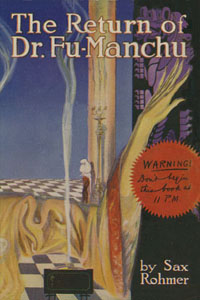Another Reason to Love Netflix “Watch Instantly”: Vampire Circus
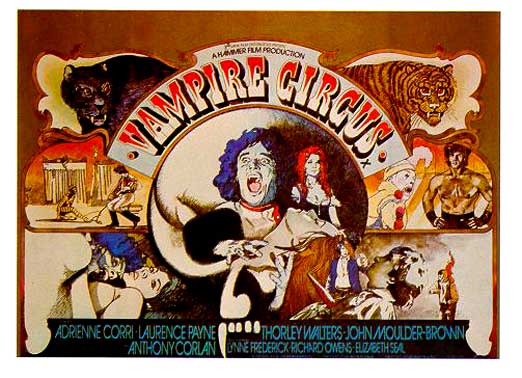 Vampire Circus (1972)
Vampire Circus (1972)
Directed by Robert Young. Starring Adrienne Corri, Laurence Payne, Anthony Higgins, Thorley Walters, John Moulder-Brown, Lalla Ward, Robin Sachs, Lynne Frederick, Richard Owens, David Prowse, Robert Tayman.
It seems that any time I log into Netflix to manipulate my queue to get physical DVDs, I discover more treasures that I can watch with only a click of the mouse button. Sometimes films unavailable on DVD—or any home video format—for many years. Such as Vampire Circus. (It is available on Blu-Ray, but I don’t have that option.)
Vampire Circus is one of the small treasures of 1970s Hammer Horror, and unfortunately few people on this side of the pond have had the opportunity to see it; the movie has remained incredibly elusive in the U.S. When it was released theatrically in the States, the U.S. distributor de-sanguinized it to a PG rating. Netflix has oddly maintained the PG rating on their page for the film, even though the version they have is uncut and contains the copious amount blood and bare breasts that were the marks of Hammer in its latter days.
Hammer Film Productions knew they were losing the youth audience as the decade started. Their dominance in the Anglo-horror cycle through the late 1950s and the first half of the ‘60s weakened as more graphic and contemporary movies edged in on them, making the Gothic Victorian trappings seem quaint. Hammer also lost a number of its best stars, directors, and technical people, and quality slipped as the ‘70s started. After the excellent Taste the Blood of Dracula, the Dracula series never recovered, and the attempt to reboot the Frankenstein series with The Horror of Frankenstein (on my short list for the worst horror movie the studio ever put out) was a disaster.
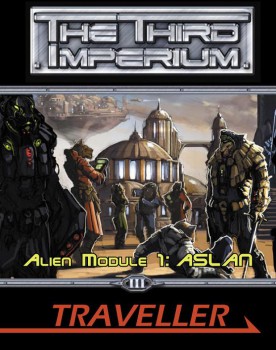
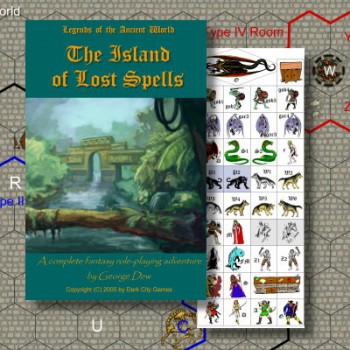
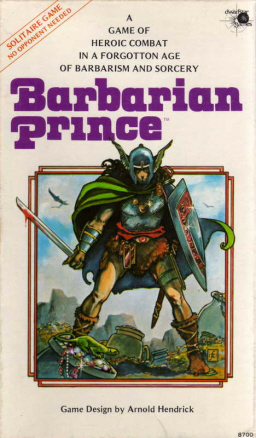

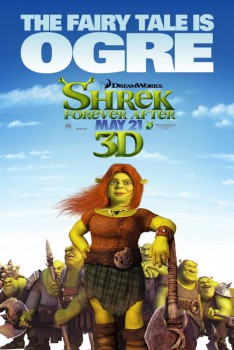 Last week, I discussed my
Last week, I discussed my 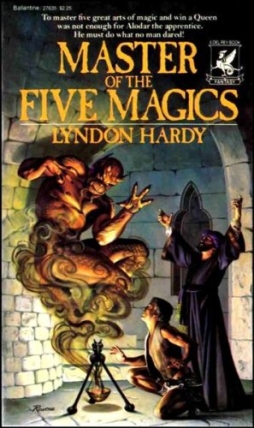 I’ve been thinking lately about fantasy in the 1980s. More specifically, about the wave of fantasy fiction that began to be published in the late 70s, in the wake of The Sword of Shannara and the first Thomas Covenant books, and which over the following years developed into fantasy as we know it now. So far as I can learn, it seems that this was when fantasy really took root as a novel category — that is, when fantasy novels stopped being relatively rare events and began to flourish as a genre. As a result, I think, it was a time when the idea of fantasy broadened; new ideas and forms and voices were tried, even if certain assumptions (like a quasi-medieval-European setting) were often unquestioned. What I wonder is whether certain things tried then and since almost forgotten are in fact worth revisiting.
I’ve been thinking lately about fantasy in the 1980s. More specifically, about the wave of fantasy fiction that began to be published in the late 70s, in the wake of The Sword of Shannara and the first Thomas Covenant books, and which over the following years developed into fantasy as we know it now. So far as I can learn, it seems that this was when fantasy really took root as a novel category — that is, when fantasy novels stopped being relatively rare events and began to flourish as a genre. As a result, I think, it was a time when the idea of fantasy broadened; new ideas and forms and voices were tried, even if certain assumptions (like a quasi-medieval-European setting) were often unquestioned. What I wonder is whether certain things tried then and since almost forgotten are in fact worth revisiting.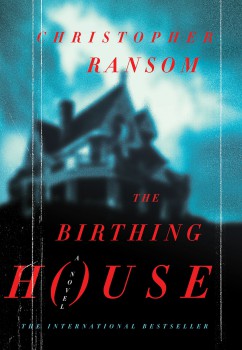 The Birthing House
The Birthing House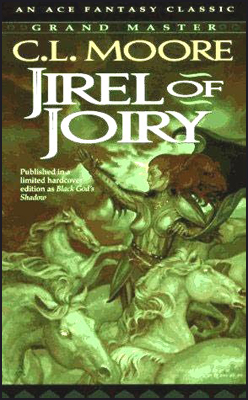 Due to an unfortunate (or perhaps I should say, “fortuitous”) comment I let slip in an email, Howard Andrew Jones discovered I had no idea who C.L. Moore was.
Due to an unfortunate (or perhaps I should say, “fortuitous”) comment I let slip in an email, Howard Andrew Jones discovered I had no idea who C.L. Moore was.
 I’ve contributed book reviews to the
I’ve contributed book reviews to the 
